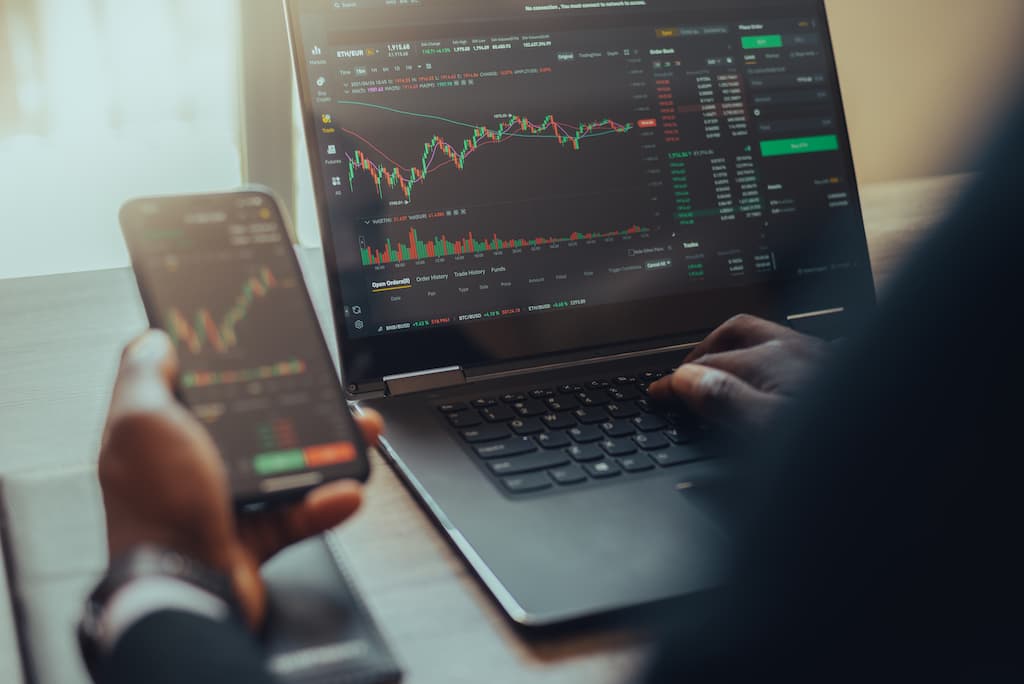Over the past decade many people have invested in the cryptocurrency market. In the wake of the excitement generated by large gains on Bitcoin and other tokens, the cryptocurrency market has been flooded with people hoping to make strong returns on their investment.
But what does all this mean in terms of tax, and making payments on crypto gains?
The tax rules that relate to cryptocurrency and its investors are relatively volatile. Partly due to the meteoric rise of deregulated finance and the sheer number of assets available for investment. Governments around the world have scramble to regulate and manage cryptocurrency, and in the case of the UK, has resulted in tax guidelines being introduced.
Should tax be paid on cryptocurrency?
The answer is yes! But the amount of tax you are liable for will depend on how you buy, sell, and manage crypto assets. As there are no specific cryptocurrency taxes, the result is that you will pay Income Tax or Capital Gains Tax, depending on the kind of activity you engage in.
In simple terms, if you are earning Bitcoin or other cryptocurrencies, this will be regarded as income by the HMRC and taxed accordingly.
If you are trading, swapping, or selling cryptocurrency then this will be taxed under Capital Gains Tax rules.
The transactions that determine if Capital Gains Tax will need to be paid include:
- Selling cryptocurrency for other coins/token, or fiat currency.
- Using crypto to buy goods or services
- Gifting crypto assets or tokens to another person (not including a spouse or civil partner)
- Trading cryptocurrencies for other cryptocurrencies
There are some instances where cryptocurrency gains will be considered income, and Income Tax will need to be paid. This will be taxed at your normal income tax band and will be required when performing actions like:
- Mining Cryptocurrency
- Staking Tokens
- Getting Paid in Crypto (also subject to National Insurance contributions)
- Airdrops (in most cases)
How much tax will I need to pay?
All capital gains are taxed at the same rate in the UK and as such crypto investors that have long or short term gains will pay tax based on how much is earned. All UK taxpayers are allowed a Capital Gains Tax Allowance of £12,300 which means tax will only be paid on sums over that amount.
In addition, the tax rates for Capital Gains fall into a couple of different bands.
Basic Rate Income Band allows earning of up to £50,270 before CGT is due.
Higher Rate Income Band provides and allowance up to £150,000, and anything over this amount is taxed at 20%
How can I reduce my crypto tax obligation?
Traders and cryptocurrency investors can reduce their tax bill by taking full advantage of the allowance and tax breaks provided by the HMRC.
For anybody earning less than £125,140 the first £12,570 is tax free. This amount should be factored in when calculating which Income Tax Band you fall into and determining potential cryptocurrency tax.
It is also worth remembering that the HMRC provides an additional £1000 allowance from trading or property. If you have income from both activities then this can provide a £2000 offset.
Capital Gains Tax Allowance allows gains of £12,300. Provided you stay below this number, no CGT payments will be due. It is important to factor in all of these limits and allowances when reporting income and calculating tax liability on your Self Assessment.
Tax will not be leveraged on any crypto losses, but these must be tracked and correctly reported.
In addition, there are other ways to limit your tax liability on cryptocurrency including:
- Hold tokens for a year
- Invest crypto into a pension fund
- Switch your tax rate
- Sell your crypto in a low-income year
- Make a crypto donation
- Invest in an opportunity-zone fund
- Claim unrealised losses using a crypto tax calculator
- Claim losses for defunct coins


